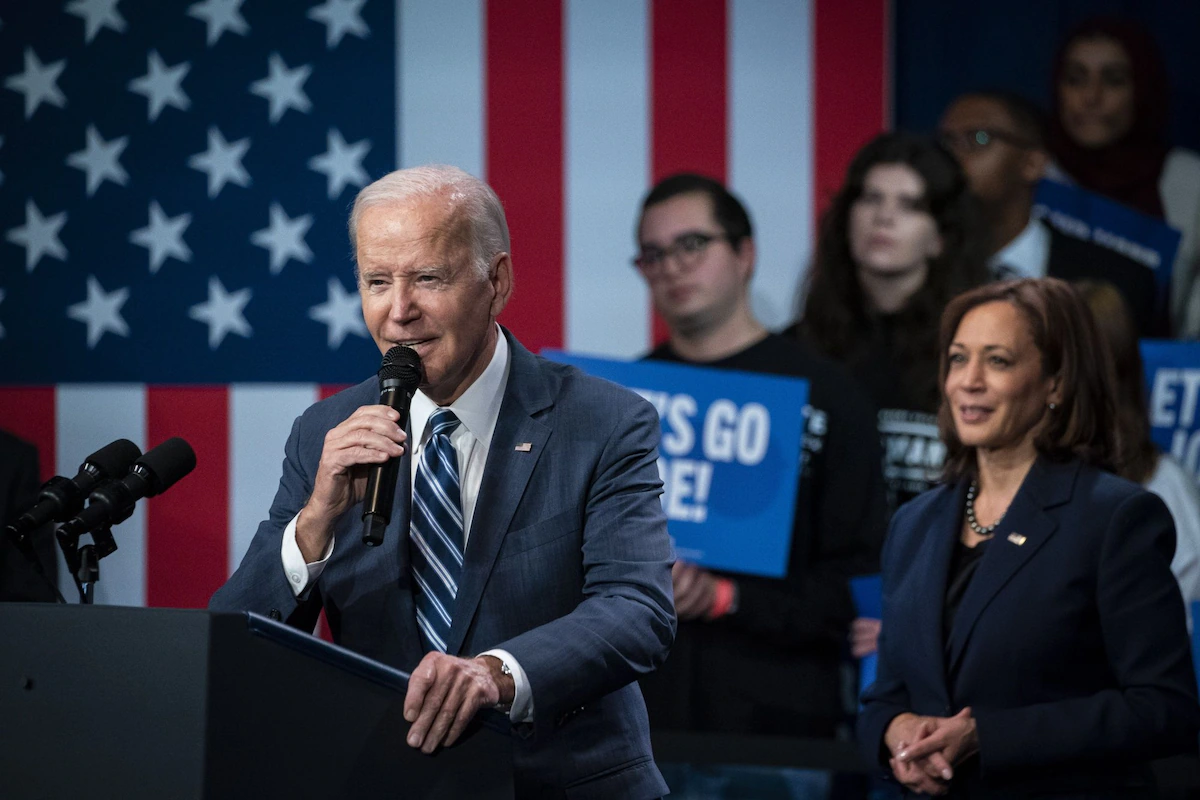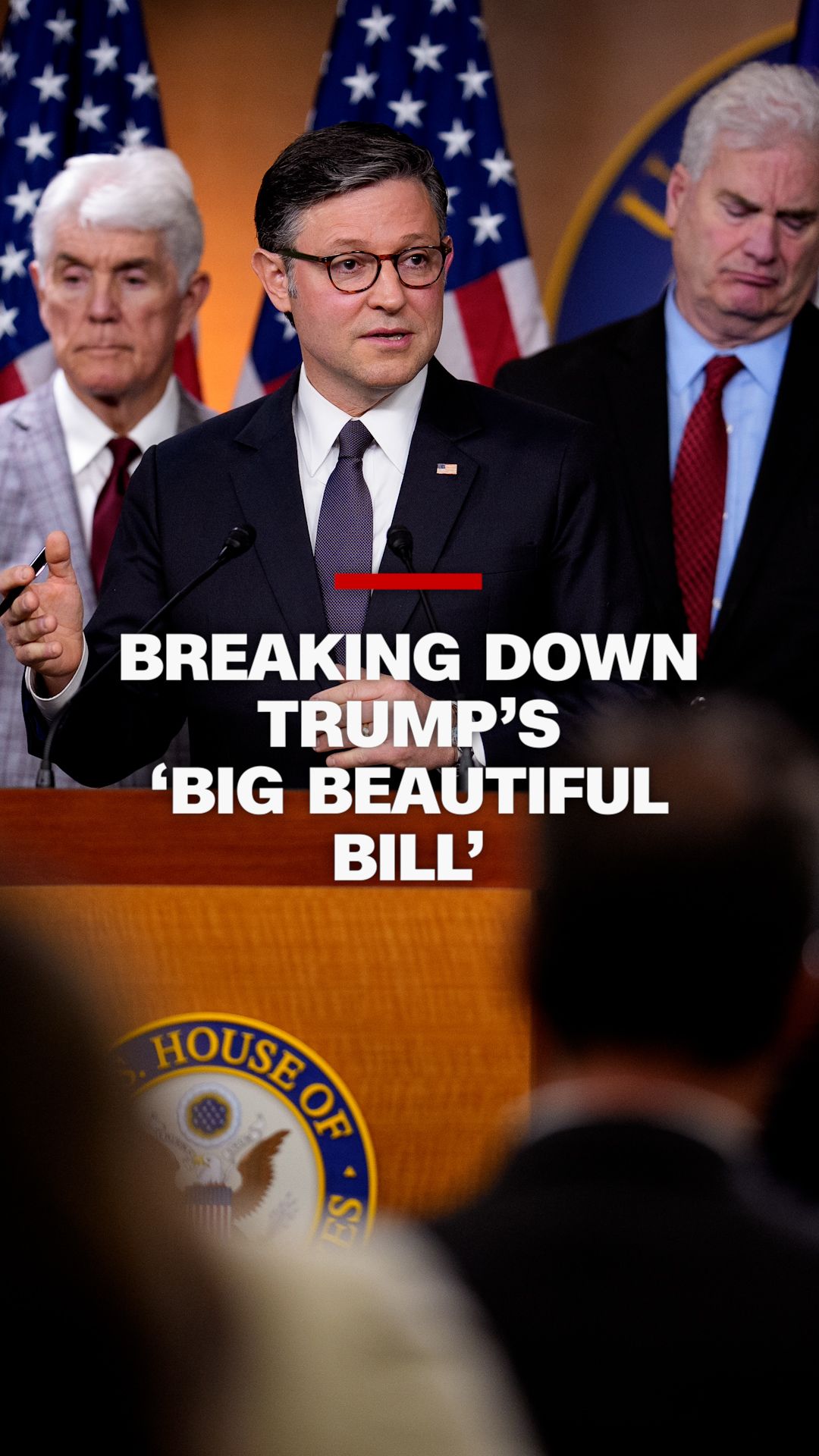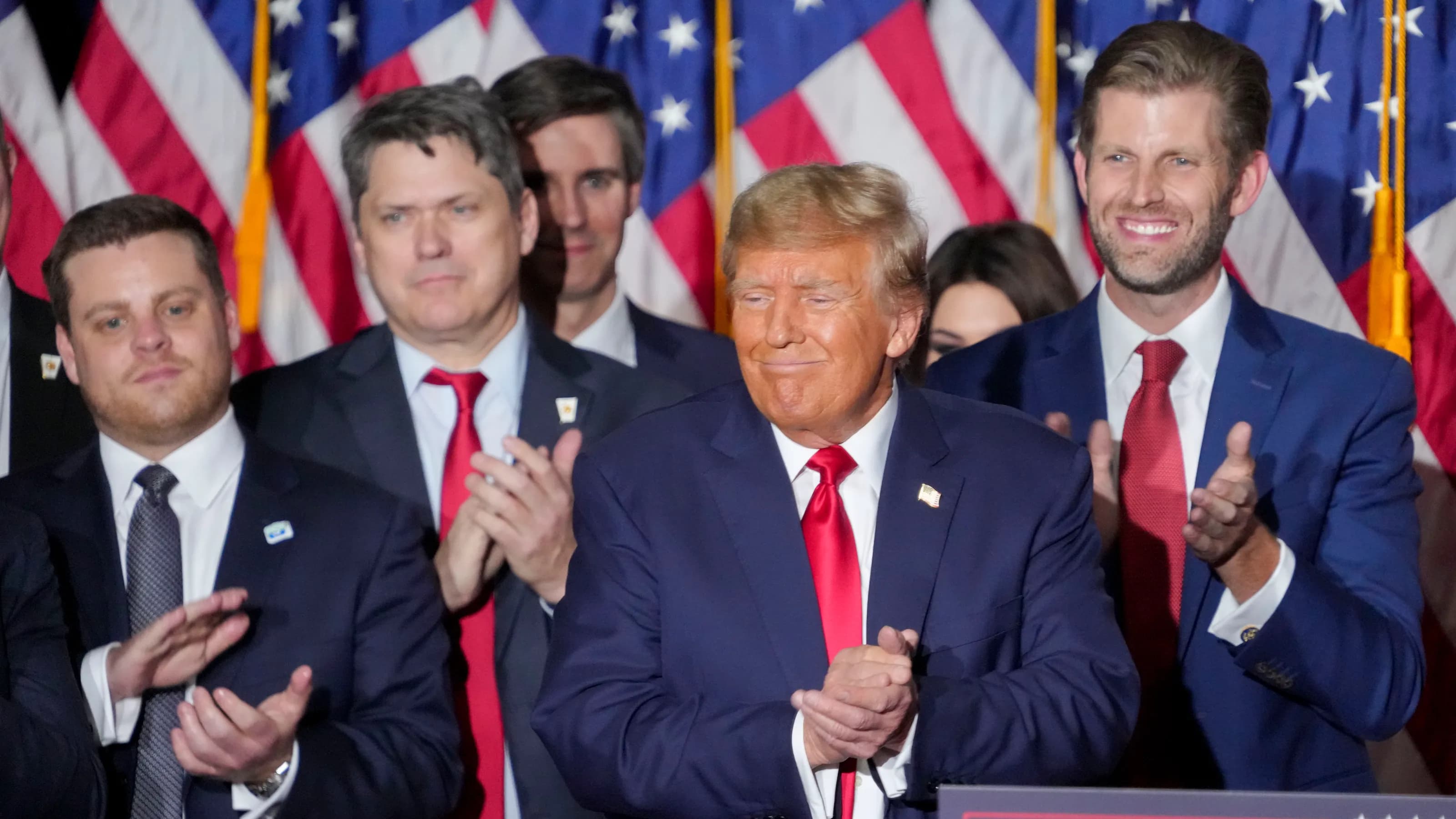President Trump"s recent remarks in Des Moines, Iowa, where he expressed disdain for Democrats, claiming they "hate our country" and criticized their opposition to his so-called "Big, Beautiful Bill," reflect a troubling trend in American politics. This divisive rhetoric is more than mere political posturing; it has real implications for civil discourse and democratic governance in our nation.
Trump"s Narrative of Division
In his speech, Trump did not shy away from using incendiary language, suggesting that dissent against his policies equates to a lack of patriotism. Such statements are not just troubling but dangerous, as they perpetuate a narrative that vilifies political opponents rather than fostering constructive dialogue. This approach undermines the principles of democracy, where dissent is a vital component of a healthy political environment.
The Big, Beautiful Bill and Its Realities
Trump"s "Big, Beautiful Bill" is touted as a necessary piece of legislation, yet it is essential to scrutinize the details behind this terminology. As reported by NBC, the bill"s provisions have raised concerns among progressives, who argue that it fails to address critical issues such as healthcare access, climate change, and income inequality. By framing the bill in such grandiose terms, Trump attempts to gloss over its shortcomings.
Democratic Resistance to Toxic Politics
The Democrats" refusal to support this legislation is not a rejection of progress but a stand against policies that do not serve the broader public interest. This resistance is crucial for the integrity of democratic governance. By opposing legislation that they perceive as harmful, Democrats are fulfilling their duty to advocate for the rights and needs of their constituents. This stance is emblematic of a principled opposition, one that prioritizes the welfare of the people over partisan gain.

The top 10 Democratic presidential candidates for 2024, ranked - The ...
The Implications of Trump"s Rhetoric
Trump"s accusations against the Democrats resonate with a segment of the population, but they also risk deepening the partisan divide that has plagued American politics. According to sociological studies, divisive rhetoric can lead to increased hostility and polarization, making it increasingly difficult to find common ground. This dynamic not only affects legislative outcomes but also creates an environment where civil rights are jeopardized.
Impact on Civil Rights and Social Justice
The consequences of this rhetoric extend beyond mere political discourse. As a former civil rights attorney, I recognize the chilling effect such narratives can have on marginalized communities. When political leaders use language that demonizes opponents, it emboldens extremist views and fosters an atmosphere where civil rights can be undermined. The stakes are high, as we witness ongoing battles over voting rights, immigration reform, and social justice initiatives. Trump"s comments serve as a reminder of the persistent challenges we face in safeguarding these rights.
Moving Forward in a Divided Landscape
As we navigate this political landscape, it is crucial for progressive leaders to continue advocating for policies that reflect the values of equity and justice. The resistance against toxic politics must be rooted in a commitment to engage in constructive discourse and promote the importance of civil rights. While Trump may thrive on division, it is imperative that Democrats and progressives focus on unity and collaboration to advance a more inclusive agenda.

Breaking down Trump’s ‘big b…



![[Video] Gunfire between Iraqi security forces and Sadr militias in Baghdad](/_next/image?url=%2Fapi%2Fimage%2Fthumbnails%2Fthumbnail-1768343508874-4redb-thumbnail.jpg&w=3840&q=75)
